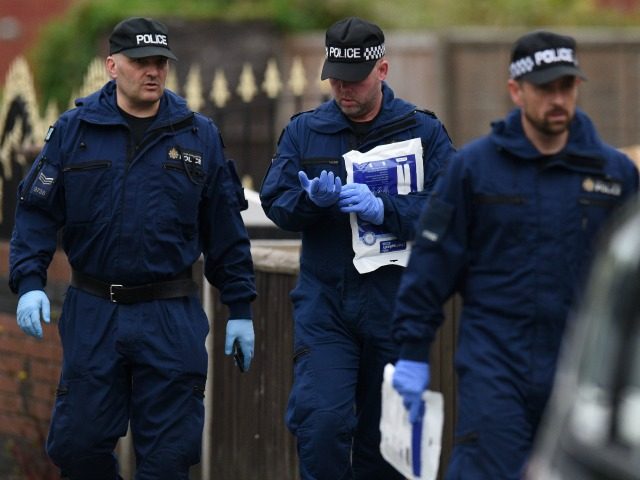The police and security services missed at least five opportunities over five years to stop Salman Abedi from carrying out his deadly terror attack, it has emerged.
Following the deadly attack at the Manchester Arena by Abedi on Tuesday night, which claimed 22 lives, questions are being raised as to why the British authorities did little to follow up on repeated reports from friends and community members that Abedi was radicalised and had expressed support for suicide bombing.
The reports date back five years, when two youth workers are said to have phoned an anti-terrorism hotline to report concerns over Adebi’s “extreme views” whilst he was completing his last year at school, the BBC has reported.
Two of Abedi’s friends were also so concerned about his behaviour that they separately phoned the hotline, five years ago, and again in 2016.
“They had been worried that ‘he was supporting terrorism’ and had expressed the view that ‘being a suicide bomber was ok’,” a source told the BBC.
Mohammed Shafiq, chief executive of the Ramadhan Foundation, told The Telegraph that community members also reported Abedi to the authorities two years ago “because he thought he was involved in extremism and terrorism”.
“People in the community expressed concerns about the way this man was behaving and reported it in the right way using the right channels,” Shafiq said.
“They did not hear anything since.”
Akram Ramadan, 49, a member of the south Manchester Libyan community where Abedi lived, said that Abedi had been banned from Didsbury Mosque after he confronted an imam who had delivered a sermon opposing extremism.
Didsbury Mosque has confirmed that, following the incident, it contacted the Home Office’s Prevent anti-radicalisation programme to flag Abedi as a possible extremist.
Mr. Ramadan said he believed that that report led to Abedi being placed on a watch list, yet he was allowed to travel to Libya and Syria repeatedly, before returning to Manchester to carry out his deadly plot.
Last night Home Secretary Amber Rudd admitted that Abedi had been known to the British security services, whilst U.S. intelligence has confirmed he was also known to them.
France’s interior minister has said Abedi had “proven” links with Islamic State, and that both French and British intelligence had information that he had been to Syria.
But Frank Gardner, the BBC’s security correspondent, told Radio 4’s Today the opportunities were missed because the threat is so widespread.
“This comes down to numbers,” Gardner said. “If they told us how many people had these extreme views just across the UK we wouldn’t sleep at night. It’s in the thousands.
“They haven’t got the ‘watchers’ – they haven’t got the capability to follow all of those people, so they have to go where they think the danger is the most imminent and the most serious.”
A security source told Sky News: “MI5 are working on 500 active investigations involving some 3,000 subjects of interest at any one time. Abedi was one of a larger pool of former subjects of interest whose risk remained subject to review by MI5 and its partners.”
“Where former subjects of interest show known risks of re-engaging in terrorism, MI5 can consider reopening the investigation. This process relies on inevitable difficult judgements based on partial information,” the statement added.
Eight arrests have now been made in connection to the plot, but police have admitted that with each arrest and new location discovered, the web of involvement widens. Just over 36 hours in, the investigation is already being described as “vast”.

COMMENTS
Please let us know if you're having issues with commenting.